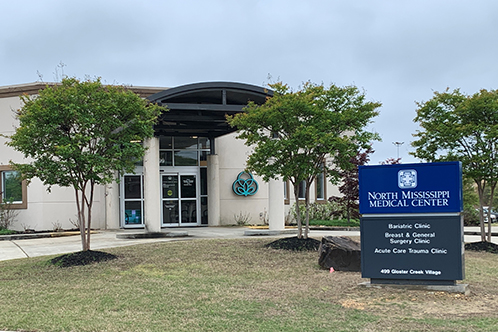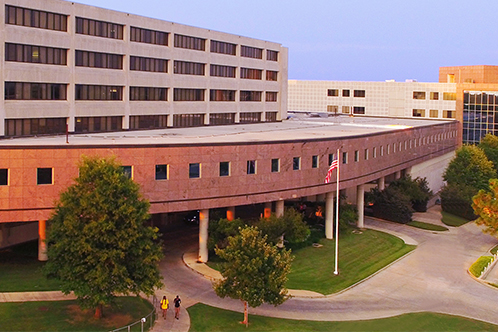- Medical Services
- Weight Loss
- Specialties & Services
- What to Expect

What to Expect
Because this is a big investment in your health, you must commit to the treatment plan and follow-up.
At North Mississippi Medical Center, we consider weight loss of more than approximately 30-50% of pre-surgery weight a good result. For instance, a person weighing 300 pounds who loses 90 pounds would be considered to have a good weight loss result. We expect about 85-90% of patients to achieve good to excellent results.
The average patient will lose about 30-35% of the pre-surgery weight, but results vary from person to person. A majority of patients will reach a normal weight. Successful weight loss reduces or resolves high blood sugar levels in diabetic patients and decreases or eliminates elevated blood pressure in approximately 90% of hypertensive patients. But results are individual and not guaranteed.

